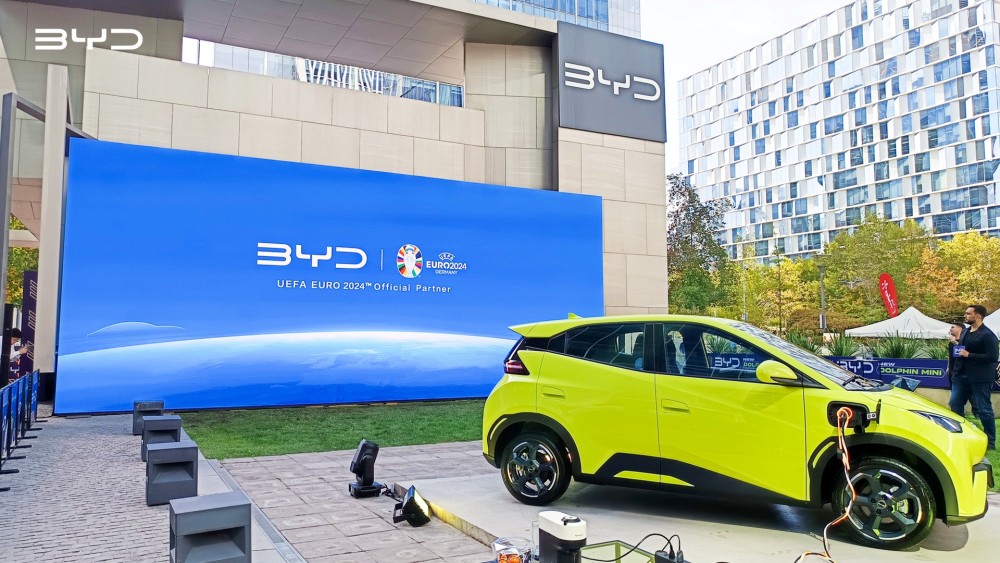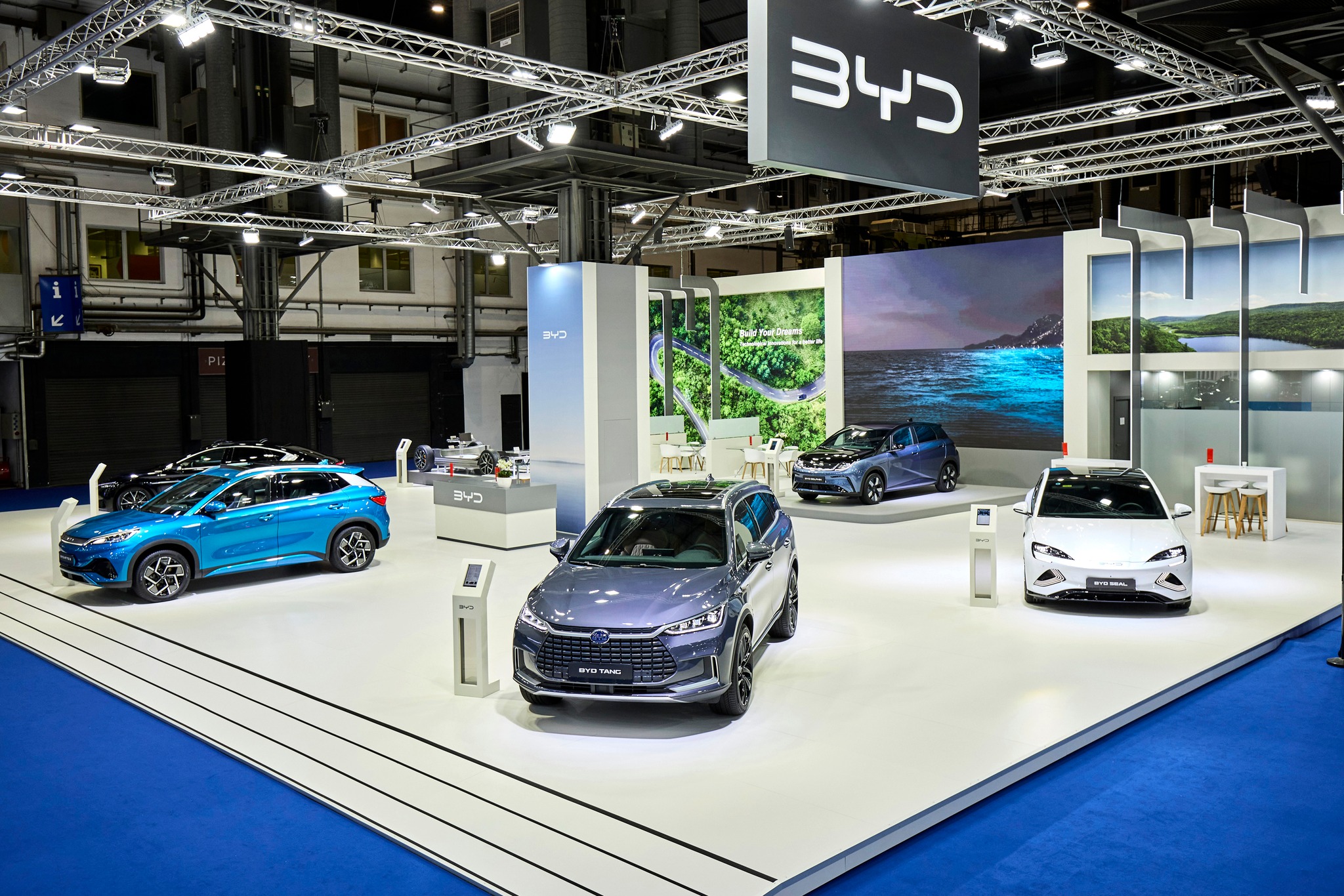
The factory will occupy 300 hectares in an industrial park bought from Pick.Continue reading

Construction of electric car manufacturer BYD’s first European plant can begin as the first cargo of construction materials has arrived from China by rail at the PSP terminal in Szeged-Kiskundorozsma (southern Hungary).
From the intermodal terminal, the materials will be delivered directly to the construction site of the Chinese construction contractor, avoiding populated areas. The first shipment contains steel hall elements for the BYD factory under construction, reads a statement from the Association of Hungarian Logistic Service Centers (MLSZKSZ). The bundled unit loads and containers and the additional items will arrive from China by ship to European ports, from where they will continue their journey by rail to Szeged.
The first shipment will soon be followed by another four ships of steel structures and 2-3,000 containers of construction material between August and the end of the year.
Over the next three years, at least four million tons of bulk cargo will be delivered directly to the car plant site, most likely via the intermodal terminal.
Truck deliveries from the terminal to the construction site will continue to be made without disturbing the public, in coordination with the municipality and Magyar Közút (Hungarian Public Road).
The factory will be built in several phases, and has been given permission to add additional units to the halls, including a giant building on 10 hectares.
The factory plans to receive 200 containers a day at the start of operations, which could rise to 300 containers in the future. It is planned to transport 150,000 ready-built cars by rail in the first year, and 300,000 per year in subsequent years.
The PSP terminal will provide a comprehensive service from rail transport to terminal services and road delivery. Although the facility is being continuously upgraded to meet BYD’s requirements, it will be essential to develop the Hungarian rail network, otherwise the growing traffic of the domestic car and battery industry will be pushed onto the already congested roads, Világgazdaság points out.
The MLSZKSZ has been saying for years that
the boom in investment in the car and battery industry makes the immediate development of rail infrastructure essential.
Without it, the already overloaded road network will be squeezed by the growing traffic, increasing environmental pollution and the risk of accidents. The aim of the MLSZKSZ is to promote environmentally friendly rail transport, which is why the organization is in consultation with ministries and MÁV (Hungarian State Railway) on the necessary improvements, and invites industry, logistics, and government stakeholders to dialogue at conferences. The next event will be the East-European Intermodal Conference in October, where one of the leading themes will be to promote the development of intermodal transport.
Via MTI, Világgazdaság; Featured image: Facebook/BYD